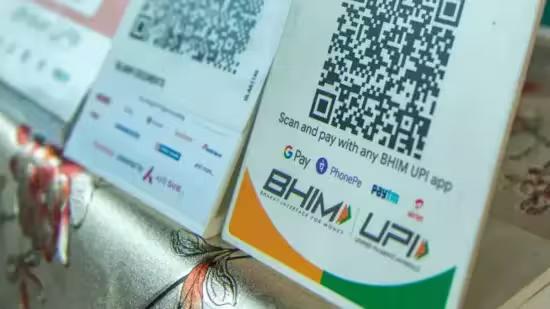
Trinidad & Tobago becomes the first Caribbean nation to adopt UPI
In a significant move, Trinidad and Tobago has become the first Caribbean country to adopt Unified Payments Interface (UPI), India’s flagship digital payment platform. This development marks a major milestone in the Indian government’s efforts to promote digital payments globally. The adoption of UPI in Trinidad and Tobago is a testament to the country’s commitment to embracing innovative technologies and enhancing the financial experience of its citizens.
During Prime Minister Narendra Modi’s two-day official visit to Trinidad and Tobago, the two countries agreed to explore further collaboration in the implementation of India Stack solutions, including DigiLocker, e-Sign, and Government e-Marketplace (GeM). This strategic partnership is expected to bring numerous benefits, including increased financial inclusion, improved efficiency, and enhanced transparency in government transactions.
For those who may not be familiar with UPI, it is a revolutionary digital payment platform developed by the National Payments Corporation of India (NPCI). UPI allows users to send and receive payments using their mobile phones, without the need for physical cards or cash. The platform is highly secure, with end-to-end encryption and two-factor authentication, making it a popular choice for online transactions.
The adoption of UPI in Trinidad and Tobago is a significant achievement, considering the country’s relatively small size and limited financial infrastructure. However, the government’s decision to adopt UPI reflects its commitment to staying at the forefront of financial innovation and providing its citizens with modern and convenient payment options.
The implications of UPI’s adoption in Trinidad and Tobago are far-reaching. For starters, it is expected to increase financial inclusion, particularly among the unbanked and underbanked populations. UPI’s ease of use and accessibility will enable people to participate in the digital economy, access financial services, and make transactions more efficiently.
Furthermore, UPI’s adoption will also promote economic growth by reducing the costs associated with traditional payment methods, such as cash and card transactions. This, in turn, is expected to increase the adoption of digital payment methods, leading to a more efficient and transparent financial system.
The partnership between India and Trinidad and Tobago is not limited to UPI alone. The two countries have also agreed to explore the implementation of other India Stack solutions, including DigiLocker, e-Sign, and GeM. DigiLocker is a digital locker service that allows users to store their documents and certificates securely, while e-Sign is an electronic signature platform that enables secure digital signing of documents.
GeM, on the other hand, is an e-commerce platform that enables government agencies to procure goods and services from registered vendors. The adoption of these solutions in Trinidad and Tobago will enable the country to leverage India’s expertise in digital governance and enhance its own financial infrastructure.
In conclusion, Trinidad and Tobago’s adoption of UPI is a significant milestone in the country’s efforts to promote digital payments and enhance its financial infrastructure. The partnership between India and Trinidad and Tobago is expected to bring numerous benefits, including increased financial inclusion, improved efficiency, and enhanced transparency in government transactions.
As the world becomes increasingly digital, it is essential for countries to adopt innovative payment solutions like UPI to stay ahead of the curve. Trinidad and Tobago’s decision to adopt UPI is a testament to its commitment to embracing digital technologies and improving the financial experience of its citizens.






